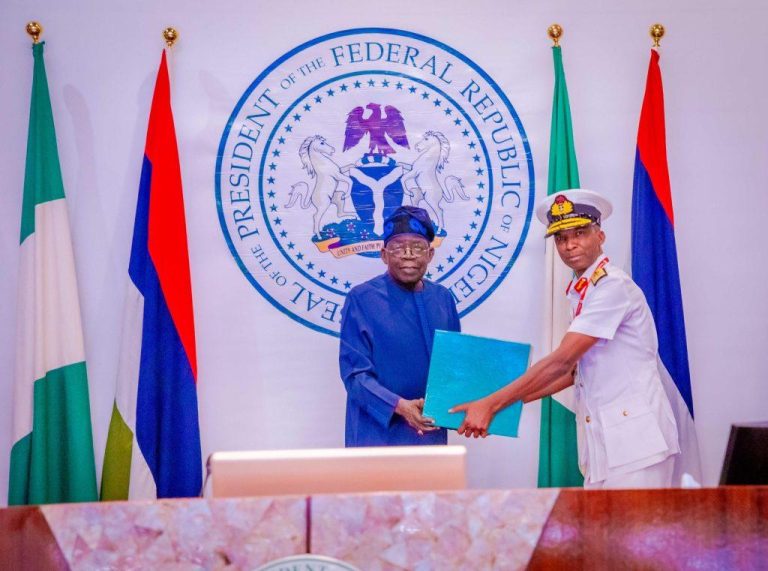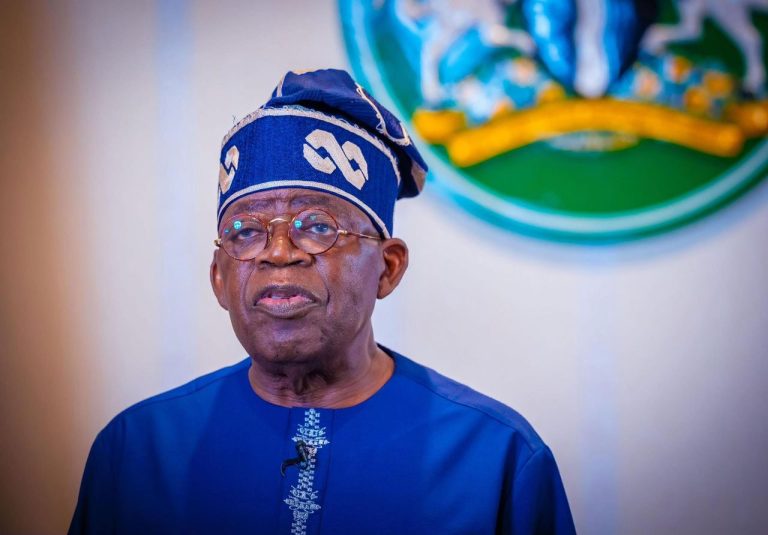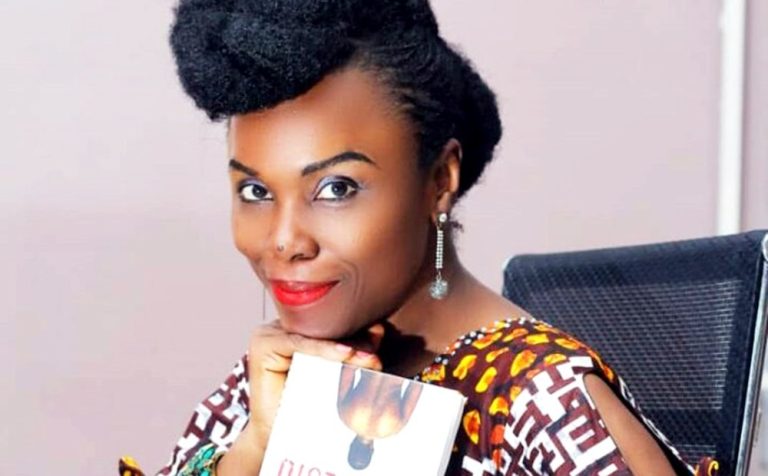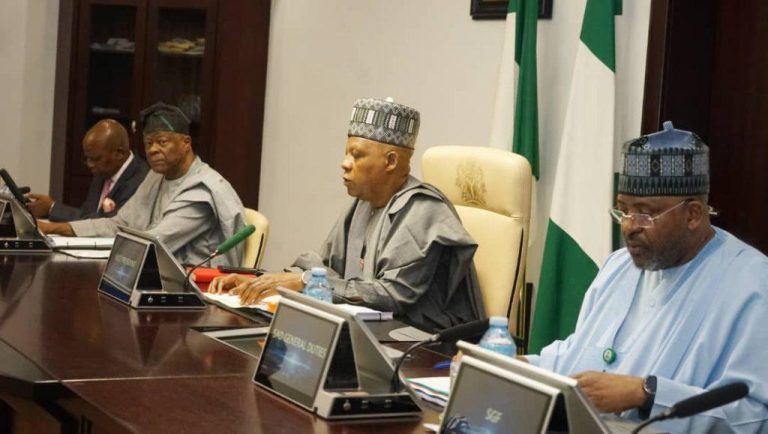
At sixty-five, Nigeria stands as an existential maze, each cubicle of which is connected by threads of struggle, disappointment, sacrifice, and promise.
Since its independence in 1960, the country, through its citizens, on the one hand, has experienced different shades of turbulence — political instability, corruption, insecurity — and some of the worst human traits.
On the other hand, it also demonstrated, through the same citizenry, some of the loftiest and noblest human attributes, and indeed, extraordinary resilience.
Todays Realities
Today’s Nigeria is far from perfect, yet it is far from hopeless. Perfection exists nowhere on earth.
People often dwell too much on negativities. We complain about the assumed Hausa/Fulani racial high-handedness, but we forget the Hausa/Fulani communal cohesion, their positive tribal self-consciousness, their agricultural productivity, and their indomitable national pride and self-esteem.
Today, we grumble about the so-called Igbo racial arrogance, but ignore their industrial ingenuity, their indisputable business acumen, their unwavering faith and triumphant spirit in the face of hardship, and their legendary technical innovations; while we also lampoon the Yoruba for their seemingly fun-seeking, laissez-faire attitude and perceived laziness.
And we ignore their artistic creativity, their natural hospitality, their inborn conviviality, their promethean administrative capabilities, their inherent accommodating spirit, and their visionary leadership values.
The truth is that our country is a nation in transition; none of its ethnic nationalities has a monopoly of virtues or evils. Each of its constituent parts is useful, and has a lot to contribute to the commonwealth.
That’s why it is bubbling with the energy of its young population in all of its geopolitical zones and the ingenuity of its entrepreneurs and the depth of its cultural heritage.
Across the land, tech hubs sprout in Lagos and Kaduna, farmers innovate in Benue and Kano, artists take Nigerian creativity to global stages, and civic movements demand transparency and reform.
Nigeria Unfinished Projects
Nigeria at 65 is not a failed experiment but an unfinished project. Like the baobab tree, its roots are deep, and its branches still stretch upward.
With visionary leadership, institutional reform, and collective responsibility, the country can move from being merely Africa’s largest economy to becoming a model of African renaissance.
This milestone offers an invitation not to despair over the past but to reimagine the future. The best tribute to the sacrifices of the past is to build a society where no child is too poor to dream, no region is too bereft to soar, and no citizen feels excluded from the national promise.
With clear vision, steadfast leadership, and the collective will of its people, Nigeria can rise from the embers of its struggles to stand as a beacon of hope — not just for Africa but for the world.
Stopping the Blame Game
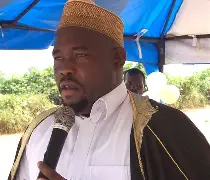
It is easy to play the blame game- but the truth is that we are all to blame. Allah does not change the condition of a people until they change what is in their hearts, says the Qur’an. Our attitudes, mindset, values, and worldview determine how far we can go.
If we truly want a great nation, we should stop blaming our leaders alone. After all, the Noble Prophet has said that leaders are appointed in accordance with the nature, conduct, and disposition of the people.
We should all wake up and make sacrifices for the Nigeria project to complete.
May Allah grant us the wisdom and the ethical wherewithal to build this country into the nation of our dreams “where no man is oppressed, and where we are blessed with peace and plenty”.
Written By Professor Timehin Saheed Olurotimi, Lagos State University, Nigeria.
https://www.linkedin.com/in/saheed-timehin-4985a332/?originalSubdomain=ng
Read Also:
Nigerian Celebrates Independence Through Visual Arts
Nigerian Investors Set To Build New Refinery
Nigeria – Birnin-Gwari: A Testament to Effective Peacebuilding

